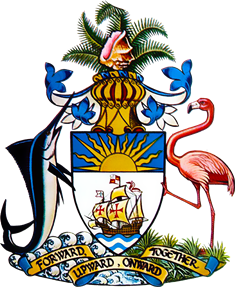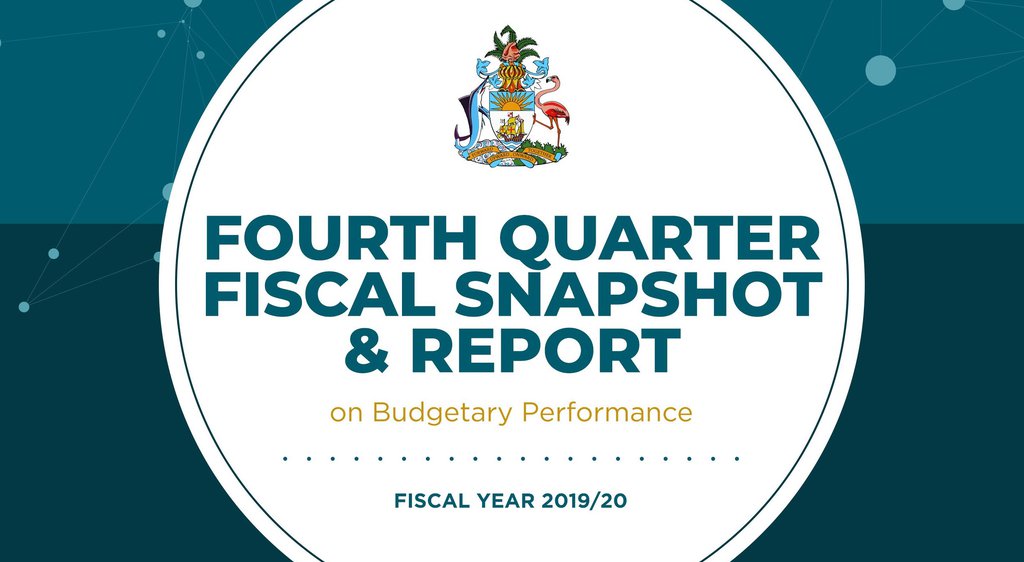The Bahamas continues to feel the impact of the worst global economic crisis in modern history, and the Government is actively responding consistent with the budget plan for Fiscal Year 2020/21. The focus remains on funding critical government services, public health and social safety needs in particular, as well as the prudent management of the government’s fiscal resources.
Preliminary data on the budget performance for FY2019/20 shows the dramatic impact of Hurricane Dorian and the Coronavirus (COVID-19) global pandemic on the fiscal performance. The deficit saw an estimated threefold increase to $788.1 million, from $219.3 million in the previous year, when the Government then achieved the lowest fiscal deficit in over a decade.
“Despite the strain on Government finances, we continue to meet our obligations while playing an important role to sustain domestic economic activity. Consistent with our budgeted plans, we are disbursing millions in unemployment assistance, maintaining public service salaries, and engaging in targeted capital expenditures to support the COVID-19 response and the broader effort to restore the economy,” said K. Peter Turnquest, Deputy Prime Minister and Minister of Finance.
“Prolonged shutdowns increase fiscal risks for all governments, including our own, which is why we are closely monitoring the situation. The coronavirus is not going away, so our highest priority is adapting so that business and commerce can occur safely despite COVID-19. The domestic economy is going to lead the way with a well-considered and balanced reopening strategy; this is not only important to restore the livelihoods of Bahamians, it is important for the country’s fiscal health. We are actively working on new models and testing our assumptions to determine if, when and where adjustments may be necessary,” said Minister Finance.
Revenue Overview
The severity of the COVID-19 impact on revenue performance was evident in the final quarter of the fiscal year with a pronounced 55.2% contraction in receipts, compared with the previous year. The impact was broad based with significant contractions in VAT receipts ($169.2 million), customs and import duties ($54.2 million), departure taxes ($27.6 million), license to conduct specific business activity ($37.6 million), and gaming taxes ($8.2 million).
Expenditure Overview
Recurrent and capital expenditures grew by a combined $231.7 million (8.8%) to $2877.2 million, largely due to outlays for Hurricane Dorian and COVID-19 initiatives. In the final quarter of FY2019/20, the Government spent over $57.3 million directly on COVID-19 related recurrent and capital expenditures. These items included $1.7 million to support the COVID-19 response in the Family Islands; $1.2 million to cover rental charges associated with Government-funded quarantine sites, and over $4 million to purchase medical supplies, including PPE, between the Ministry of Health and the Public Hospitals Authority. It also included $39 million to support business continuity programs for Bahamian small businesses.
SPECIAL NOTE: The Ministry of Finance routinely publishes budget performance reports at the end of each fiscal quarter. In light of the Ministry of Education’s COVID-19 update press conference scheduled for Monday, August 31, the Ministry of Finance will hold its press conference later in the week to discuss the FY19/20 Q4 Budget Performance Report, published today, and the current performance and future fiscal outlook in detail. The first quarter report for the new fiscal year, FY2020/21 will be published in October.

